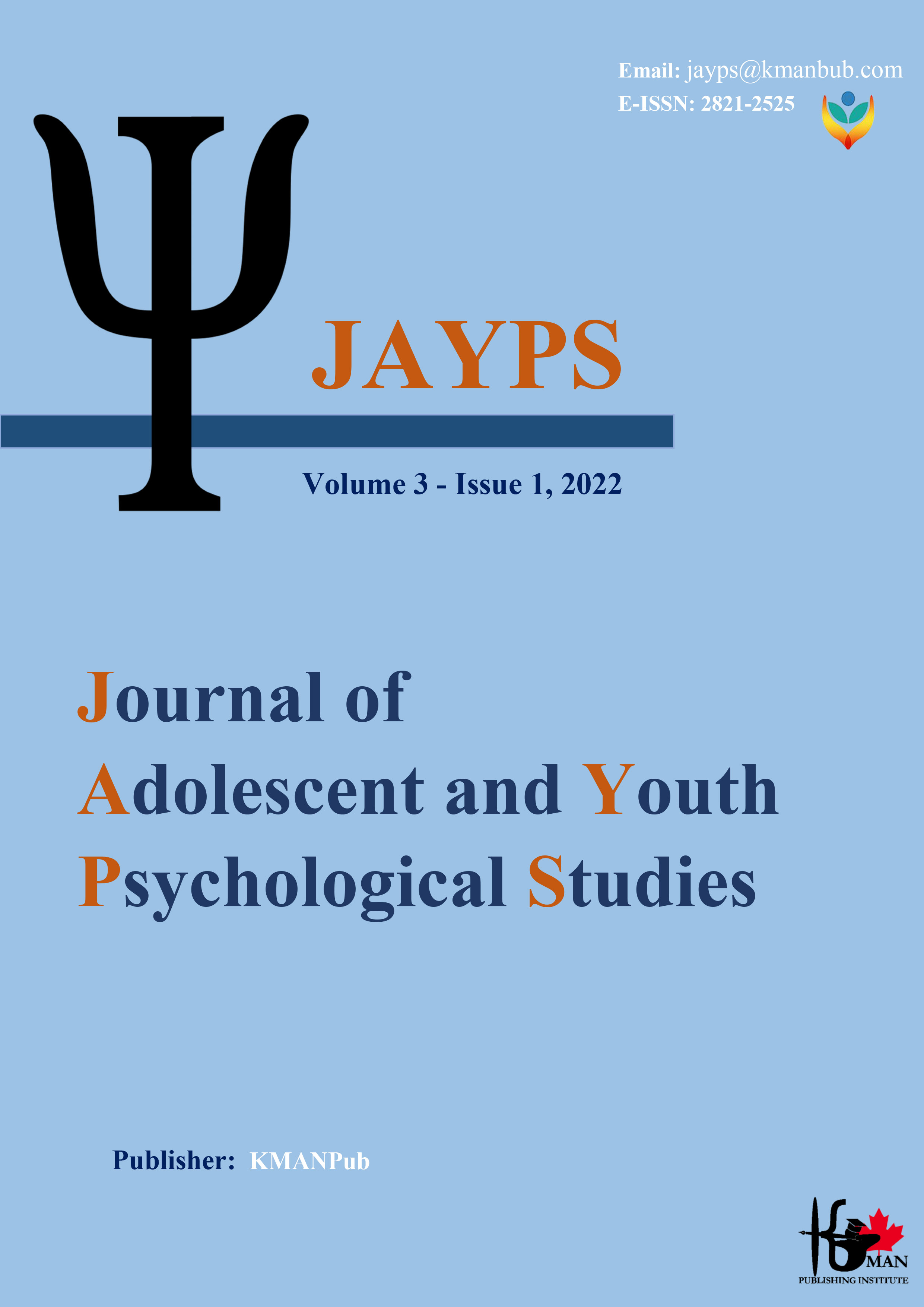The effect of transformational leadership on job commitment according to the mediating role of organizational resilience
Keywords:
Transformational leadership, organizational resilience, job attachment.Abstract
Background and Aim: The current research examines the impact of transformational leadership on job attachment with regard to the mediating role of organizational resilience in startup ecosystems. Research method: The current research is descriptive, survey and correlation type. Also, the statistical population of this research consists of all the managers of startup ecosystems. The sample size was determined using Cochran's formula of 86 people and the sampling method of the present research is simple random. The research data was collected by library and field method and questionnaire was used as the tool. The reliability of the questionnaires was confirmed using the Cronbach's alpha method of 0.849 and the validity of the instrument was confirmed using the content method. Research information was analyzed with the help of Smartpls software and using statistical, descriptive and inferential tests. Findings: The results of this research indicate that transformational leadership has a significant effect on organizational resilience and job attachment; Also, the results show that the effect of organizational resilience on job attachment has become significant. Conclusion: These results emphasize the need to recognize the mediating role of organizational resilience in investigating the relationship between transformational leadership and job attachment.
Downloads
Downloads
Published
Issue
Section
License

This work is licensed under a Creative Commons Attribution-NonCommercial 4.0 International License.






























